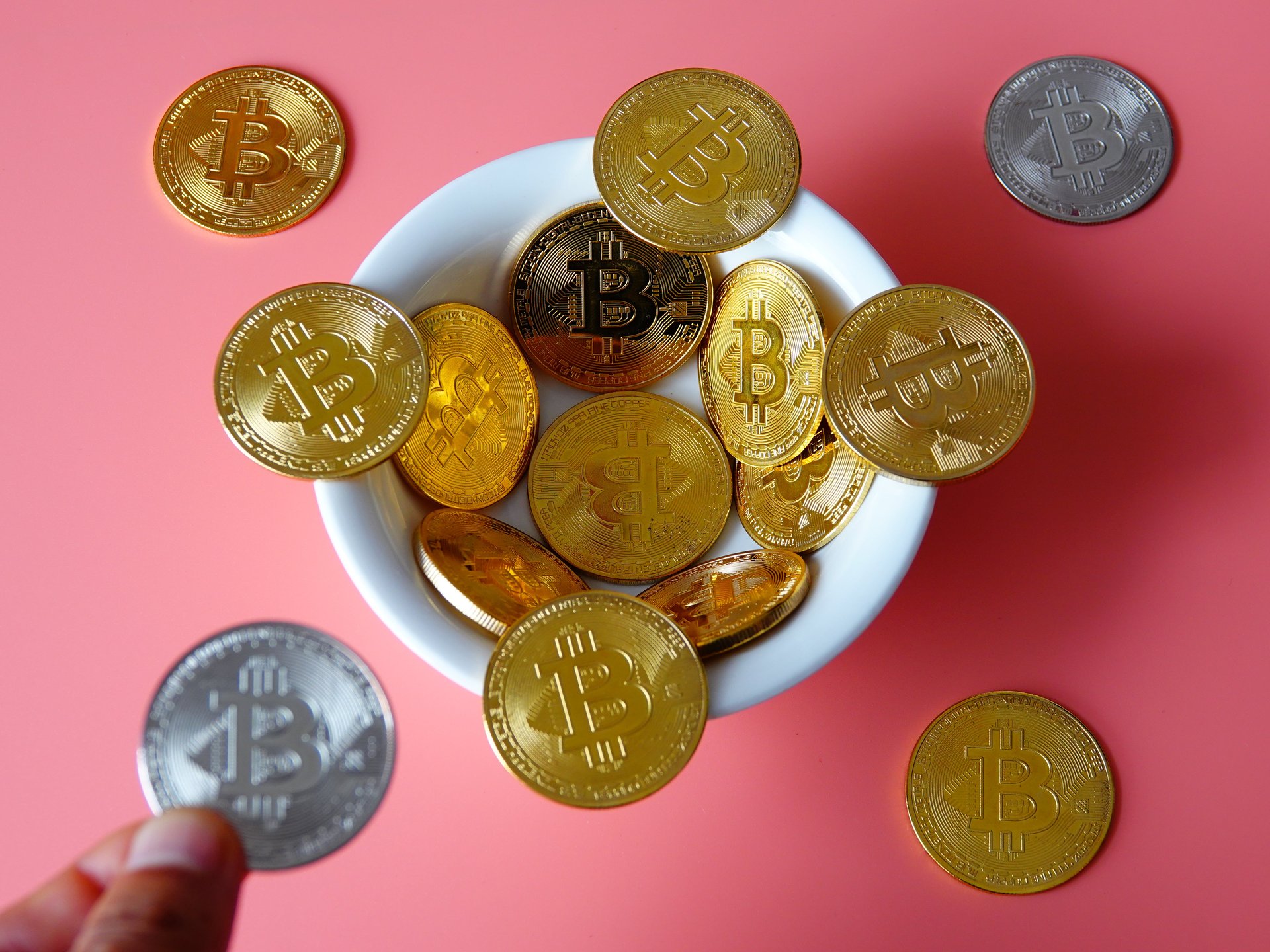Bitcoin is all the way down to $59,000 after a brutal weekend
U.S. inflation data is expected Wednesday as markets remain on edge

Bitcoin is below $60,000 again as an incoming spate of economic indicators prompted a weekend of selloffs.
Suggested Reading
The leading cryptocurrency traded at around $59,600 on Monday morning, down 1.7% over the last 24 hours but up more than 2% in early morning trading. Bitcoin has had a rollercoaster few weeks. Early last week, in the midst of an anxiety-induced global stock sell-off, it plummeted to $50,000 from $70,000, before rebounding to $60,000 days later.
Related Content
These moves have brought Bitcoin’s market capitalization to $1.18 trillion, according to CoinMarketCap. In a rare divergence, Ethereum, the second most popular cryptocurrency, was up 0.2% in the last day, trading at just under $2,700. It has a market cap of $321 billion.
But other popular cryptocurrencies followed in Bitcoin’s footsteps. Solana was down 2.5%, Dogecoin fell 1.43%, and Cardano dipped 2.1%. This shaved $2.1 trillion off the broader cryptocurrency market value.
The market’s influence
With markets especially sensitive to economic news, Bitcoin could remain volatile. The latest U.S. Consumer Price Index reading is coming Wednesday, and Japan’s Producer Price Index drops Tuesday.
Corporate earnings are another key indicator of consumer and economic health. U.S. retailer Walmart and Chinese e-commerce site Alibaba are both set to report this week. The two giants’ results have the potential to be market-moving, as fears about the U.S. economy have begun to bubble to the surface.
Stocks went into a tailspin last Monday after July’s jobs report showed unemployment ticking up more than expected to its highest level in three years. Employers added just 114,000 jobs in July, falling far short of the 175,000 gain economists polled by FactSet had projected. Both pieces of news signaled to investors that attempts to wrangle inflation might have cooled the economy too much.
At the same time, the Bank of Japan raised its benchmark interest rate, causing the value of the yen to rise, sparking fears of “carry trades.” This is a trading strategy that involves borrowing with a currency at a low interest rate, like the yen, and using it to buy higher-returning investments.
